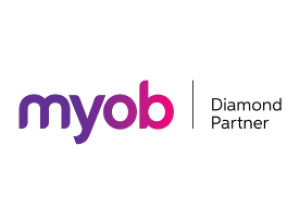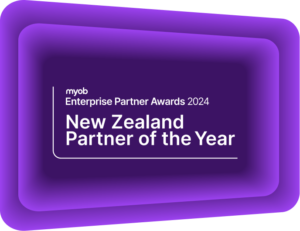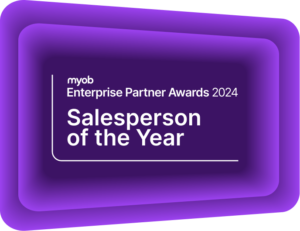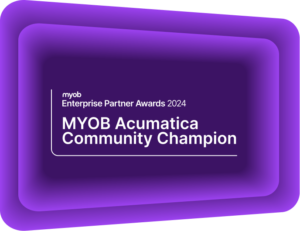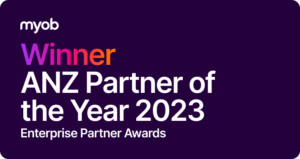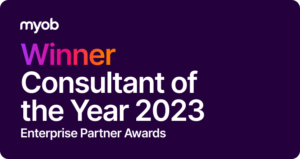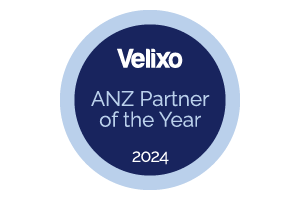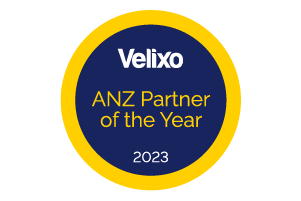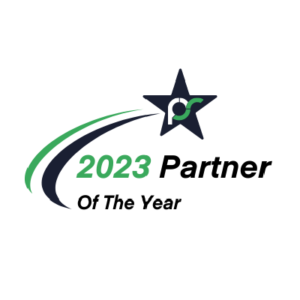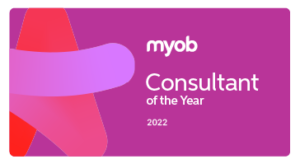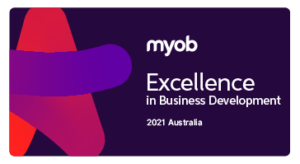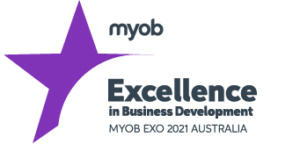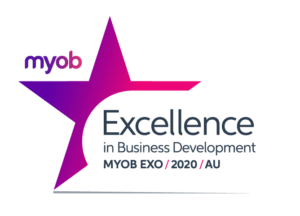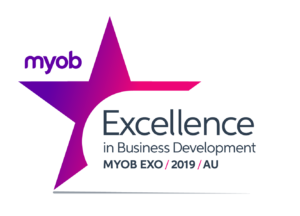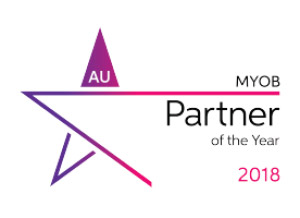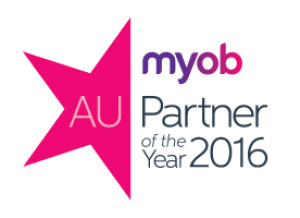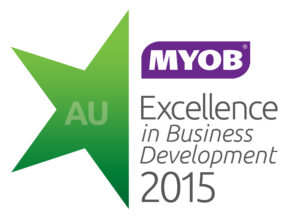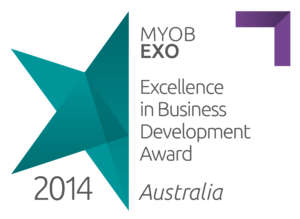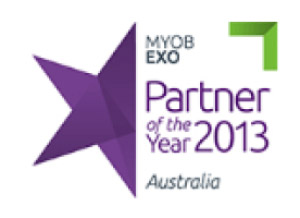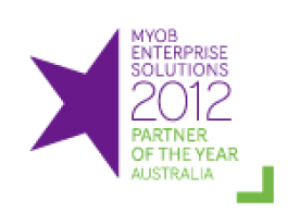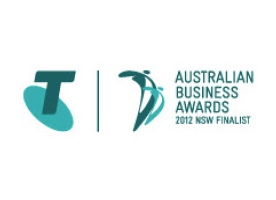Security in the Cloud: Addressing concerns and following best-practice
Is cloud a secure, reliable, and modern way to manage your business processes?Many organisations are increasingly entrusting their sensitive information to cloud-based platforms. Should the cloud be the way of the future, and are organisations rushing into easily avoidable pitfalls? The cloud promises untold flexibility and speed in your operations, with additional benefits for collaboration and team communication.
Any major migration of your business processes should undergo a certain level of scrutiny. It is the responsibility of management teams or the board to guide their organisations to greener pastures with careful consideration and risk management. This blog post addresses your and your IT team’s concerns about moving to the cloud and gives you clever guidance about a best-practice approach to maintaining security.
What are the security concerns with the cloud?
The primary concern when operating in the cloud is data security. How secure is your information if it is potentially accessible anywhere at any time by anyone? How can security possibly be compared to your local, in-house, on-premise servers?
The short answer is that your data will never be 100% safe and secure in the cloud. However, this holds just as true for your on-premise servers. Data breaches are a reality, and while taking your data offsite does introduce some element of risk, hosting providers take data security extremely seriously – their operational livelihood depends on it. A hosting provider such as Amazon Web Services (AWS) will encrypt data as well as manage backups and recovery.
Cloud-based data storage is generally more reliable in the case of backups and disaster recovery. There are numerous challenges involved with implementing and maintaining a reliable disaster recovery process:
- Backups and disaster recovery place a significant ongoing strain on your IT team resources; it can be costly to maintain on-premise servers,
- On-premise servers (including on-premise backups) are vulnerable to physical security concerns such as theft, natural disasters, or accidents,
- There are limited opportunities to enact and test backups; as a result, your process may not be as refined and carry more risk – failed disaster recovery is enough to make grown men cry,
- On-premise hardware becomes obsolete and out-of-date much faster than cloud systems and may require frequent manual software updates.
In contrast, the hosting provider has the resources to handle these challenges. This removes the burden from your IT team and removes the physical opportunities for threats and other periods of downtime. Backups are taken and tested regularly, and hardware updates are actioned automatically, reducing the risk of data loss.
Benefits of moving to the cloud
For risk to be acceptable, it must be manageable and weighed against the potential benefits. The concerns and security risks of moving to the cloud can be largely managed by your hosting partner. The benefits of moving to the cloud are:
- Unparalleled data accessibility via any browser
- Real-time data insights and analytics
- Scalability and elasticity
- Cost savings and practicality
- Business continuity
- Security and Privacy
- Integration through Application Programming Interfaces (API)
- Automatic updates
In our experience, the benefits of the cloud far outweigh the risks. You should consider your own unique circumstances and business situation before making any major operational change. An experienced, trusted software advisor can guide you through this process and help you make an informed decision about the cloud’s future with your organisation. There are many pathways to the cloud, including hybrid cloud solutions, and it is important you choose the one that is suitable for your business.
Best practice cloud security
Navigating the intricate landscape of cloud cybersecurity requires a nuanced understanding of best practices and proactive strategies. Following a best-practice approach will help safeguard your team and database against any potential breaches.

Moving to the Cloud eBook
Download nowTwo-factor authentication
Two-factor authentication (2FA) is a security requirement for users logging into a system. It validates an additional authorisation factor at login, making it more difficult for unauthorised individuals to gain access to your system and any sensitive information therein. The system will usually call for a randomly generated code or verification question that can only be supplied by the correct user. The code is usually found through an app on the user’s phone, email verification, or a physical 2FA token.
The most common types of breaches occur at sign-in. Identifying scams and maintaining data security is essential for protecting your company and yourself from fraud and malicious activities. Compromised login information directly accesses your data from the system’s front end, bypassing any encryptions. Two-factor authentication (2FA) is an important defence against this type of breach and is an expected feature of modern cloud-based systems. The idea is that if a password is lost or compromised, an attacker would still need another unique authentication factor to gain access to your system.
Single Sign-On
Single Sign-On (SSO) is an authentication process that allows a user to access multiple separate applications or systems with a single set of login credentials (such as a username and password). SSO is more about user-friendliness than security. However, it can improve security by enforcing stronger authentication measures when signing into the initial system. SSO also reduces the chance of lost, overcomplicated, or written down passwords. Instead, you can develop and remember a single, more complex password.
Choose an encrypted software solution
Data encryption in is a fundamental security measure designed to protect sensitive information from unauthorised access or interception. Encryption involves the use of algorithms to transform data into an unreadable format that can only be deciphered with the appropriate decryption key. In the context of cloud-based systems like MYOB Advanced (Acumatica), data encryption is applied to protect data at rest and in transit.
Depending on certain industries, data encryption can form part of your compliance requirements. In this case, data security should not be compromised. It is important to choose the best system to manage the risks and challenges of data security.
Dedicated cloud-system training
Any modern technology comes with challenges, and the most important challenge is a lack of expertise. Your team may not have the skills or training necessary to operate and understand your system – instead, they are happy to keep doing things in the same inefficient way that they always have. Training is an important part of any system; it ensures your team can work as efficiently as possible, supported by their cloud system instead of hampered by it. Collaborating with a trusted software expert who can provide in-depth training is a strong best-practice step to working in the cloud.
User-specific logins and permissions
Security is important even within your own team. Sharing of login details and passwords should not be allowed. Confidential information should not be visible to anyone and everyone in your organisation. Individual permissions should be configured so that every login cannot see every piece of data. Row and field level security should be configured to restrict the visibility of data away from users who do not need to see it. Protecting sensitive payroll, General Ledger, and customer account information is crucial in a business management platform that covers all areas of your organisation.
Need assistance moving your business to the cloud?
Kilimanjaro Consulting is the largest implementation partner of MYOB Advanced (Acumatica) across Australia and New Zealand. We are proud to boast the largest team of skilled consultants with more experience guiding you through a successful migration to the cloud than any other partner. We work to fully understand your organisation’s requirements and what makes you unique. This results in a bespoke cloud-based system configured to make your organisation as efficient as possible. Choose a trusted partner to guide your organisation along the pathway to the cloud. We can help you prepare for the year ahead to get the best possible outcome.
If you have any more enquiries, please email us at sales@kilimanjaro-consulting.com or call 1300 857 464 (AU) or 0800 436 774 (NZ).

